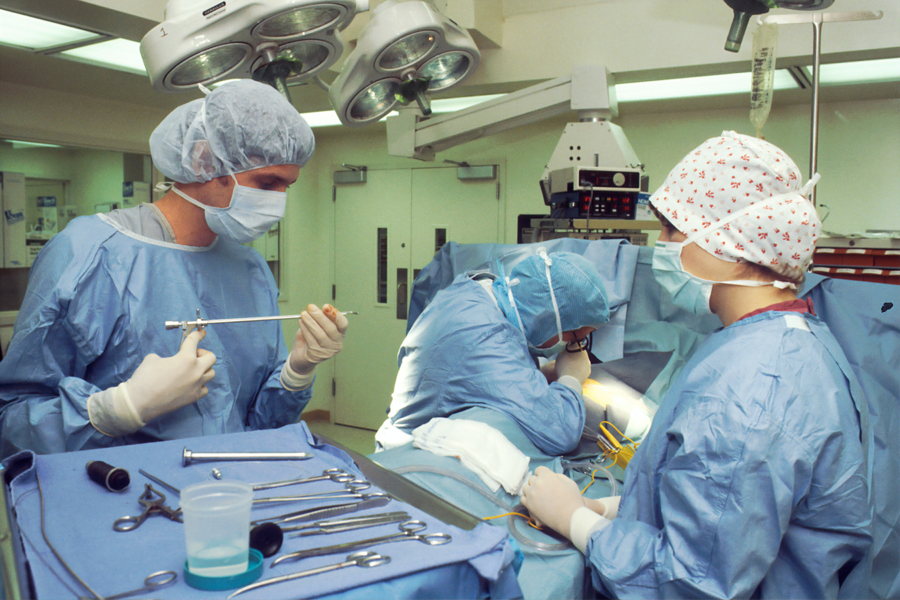
BEYOND THE BEDSIDE
LPN Jobs Increasing But Not in Hospitals
-
 EveryNurse Staff
EveryNurse Staff
- Last Updated: 10/20/2018

Are U.S. hospitals pushing out licensed practical nurses?
According to a recent Wall Street Journal post, the top 20 acute-care hospitals appear to be hiring fewer LPNs — and dividing their duties among medical/nursing assistants and registered nurses. Formerly handling administrative and clerical tasks primarily in doctors’ offices and ambulatory care centers, medical assistants now may be displacing LPNs from the more-lucrative hospital jobs nurses have long sought.
According to the employment analysis company Burning Glass, hospitals are increasingly giving medical assistants lower-level tasks such as blood pressure measurement and farming out the higher-level tasks to RNs. In hospitals, LPNs care for patients under the direction of doctors and RNs, taking vital signs, giving shots, applying and changing dressings, treating bedsores, giving massages and rubs, monitoring, collecting samples, performing routine lab tests, and more.
That’s a broad and diverse list of skills. And yet the number of LPNs working in hospitals fell 47 percent between 1984 and 2005, according to the AFSCME labor union. That’s 153,000 fewer hospital jobs for nurses.
Does It All Come Down to Money?
The union points to two changes in hospital management contributing to the decline: cuts in nursing staff accompanying insurance plan changes in the 1990s, and a shift from team nursing to primary care nursing.
But money may be another reason for the decline in hospital jobs for LPNs. According to the U.S. Bureau of Labor Statistics, the median annual salary for LPNs was $39,000 in 2008, but only $28,000 for medical assistants. That’s not to say that LPNs will become a thing of the past. The Department of Labor predicted a 22 percent increase in LPN jobs between 2010 and 2020. More and more of those jobs, however, may be found in lower-paying facilities such as nursing homes, clinics, and doctors’ offices.
RNs Hurting, Too
That’s bad news not only for LPNs but also for registered nurses, who must add duties to already heavy workloads.
“We have seen the stories and heard the rumors that LPNs are being pink-slipped, with their duties assigned to RNs,” Peter McMenamin, a senior policy fellow at the American Nurses Association, told EveryNurse.org.
“How that affects the overall workload for hospital staff nurses is unknown, but that workload is not going down. Fatigue is a continuing problem,” he said.

















